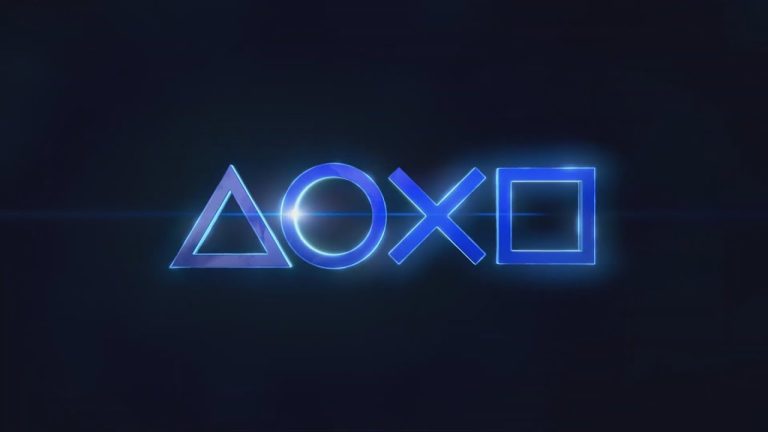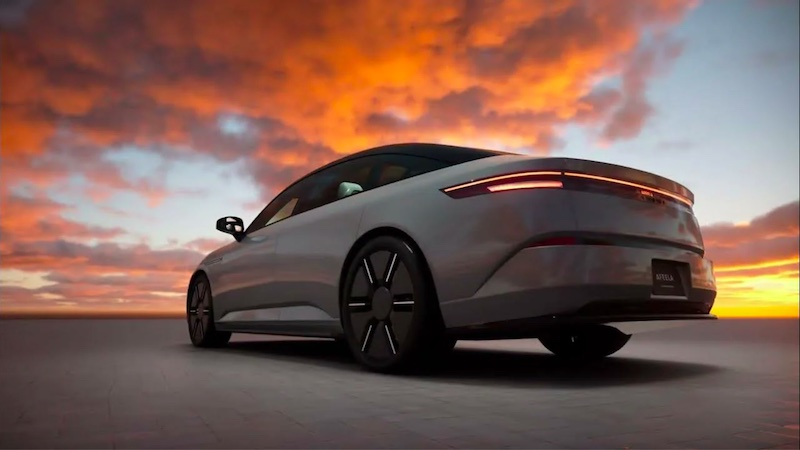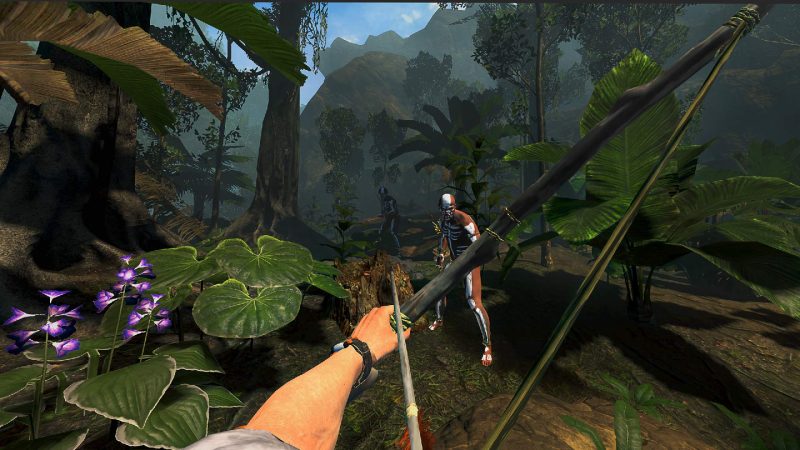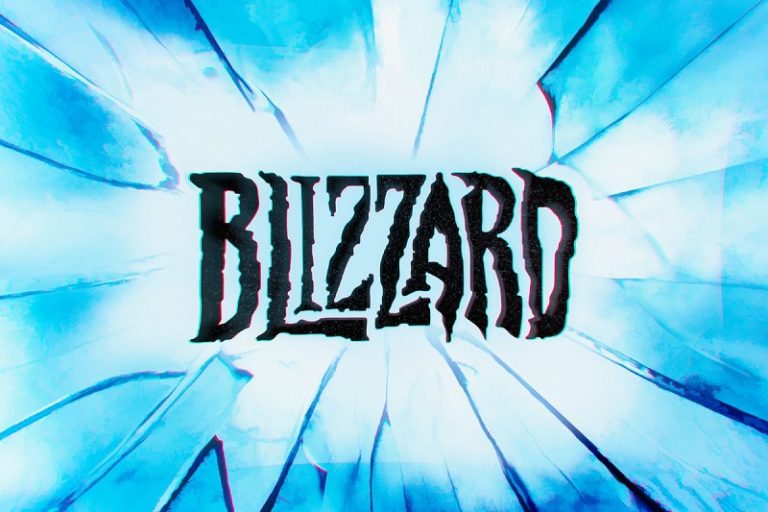Sony has been accused by US members of Congress of participating in anticompetitive behaviour in Japan at the expense of leading rival Microsoft.
According to a report on Politico, the claim was made during a Senate Finance Committee hearing by Democratic senator Mari Cantwell on Thursday, and called for Katherine Tai, US trade representative, to raise the issue with Japan during trade talks.
Sony was caused of deliberately making exclusivity deals whit third-party publishers designed to impede Xbox’s efforts in gaining traction in Japan. Cantwell commented:
I’m told that Sony controls a monopoly of 98% of the high-end game market, yet Japan’s government has allowed Sony to engage in blatant anti-competitive conduct through exclusive deals and payments to game publishers.
Meanwhile, the corresponding Republican letter added:
We understand that Sony, which holds 98% of the market, pays third-party game publishers not to make their content available on Xbox and systematically negotiates exclusivity arrangements that keep the most popular games in Japan off Xbox.
The Japanese government’s effective policy of non-prosecution when it comes to Sony appears to be a serious barrier to U.S. exports, with real impacts for Microsoft and the many U.S. game developers and publishers that sell globally but see their earnings in Japan depressed by these practices,” it claims.
Such policies can distort trade every bit as much as high tariffs or non-tariff barriers like discriminatory licensing practices, with the same result of allowing a domestic incumbent to protect its market share from foreign competitors.
Sony has inked some major third-party deals with Japanese publishers in recent years, including the likes of Final Fantasy VII Remake and Final Fantasy XVI. Going back a little further, Street Fighter V came out in 2016 and has remained exclusive to PS4 and PC.
[Source – VGC]

 1 year ago
90
1 year ago
90








